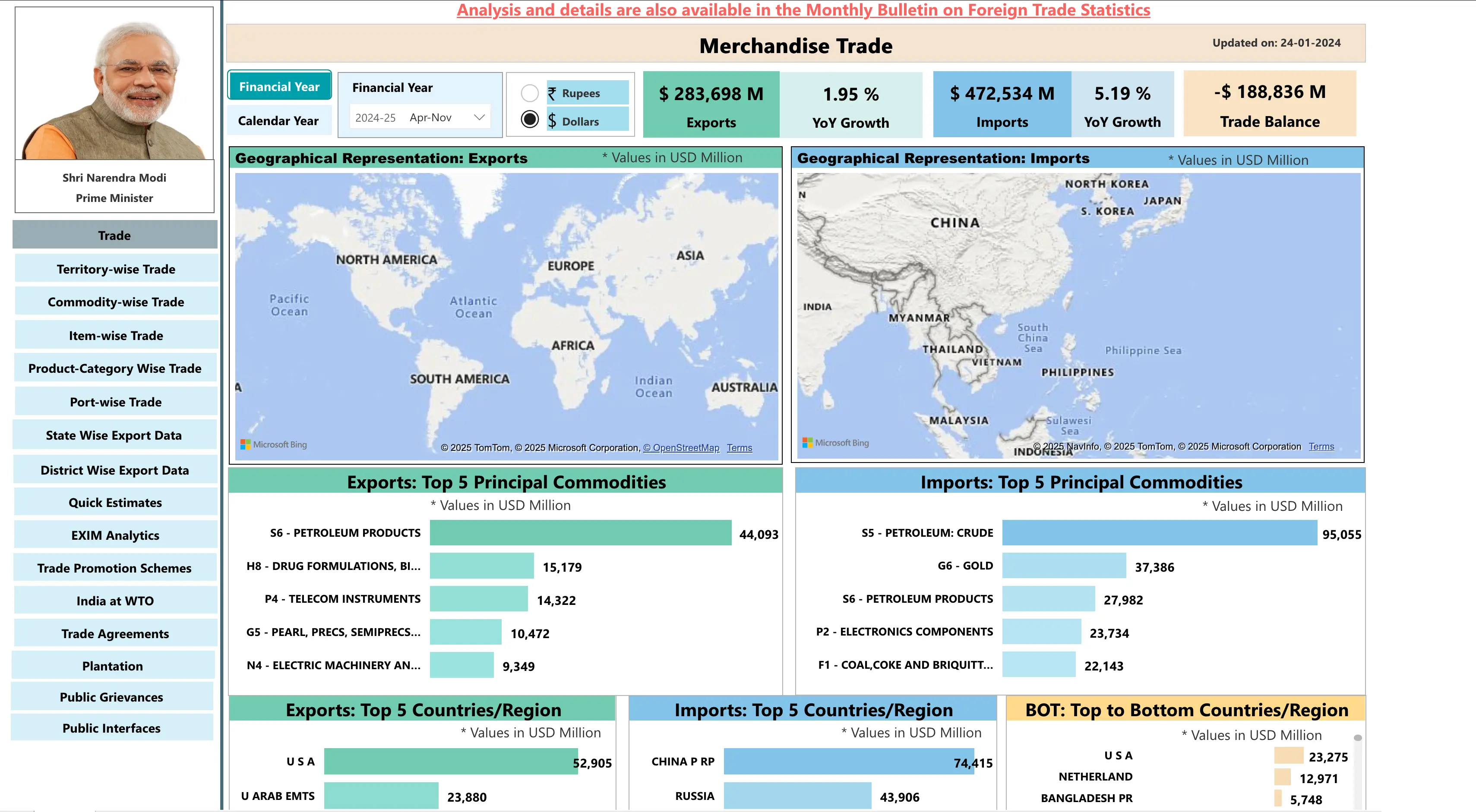20250222_WhatDoesACustomBrokerDo_pen

Okay, let's start from the beginning.
I have been working at my parents' firm for the past 1 year.
We're called Arrow Enterprises, a customs broker specializing in the clearance of medical equipment, and we have been based in Chennai for the past 25 years.
A custom broker does exactly what the title demands; brokers the peace between the customs authorities and the manufacturers/sellers.
Why is this required though? Can't customs handle it directly with each company/person?
To answer that, let's consider the scale of the EXIM (import-export) industry. You'll find the figure as sourced from a press release from the Press Information Bureau - India (https://lnkd.in/gcm7UYGW)
For the period April-Dec 2024, India's merchandise market for exports and imports is at $321.71 billion and $532.48 billion respectively. That shows a negative trade balance of $210.77 billion in merchandise. While we do enjoy a positive balance of $131.27 billion in services trade, our overall trade balance is in a deficit because we consume more products than we sell.
You can also refer to the below link for monitoring India's latest trade data;
https://dashboard.commerce.gov.in/commercedashboard.aspx
Table 2: Trade during April-December 2024*
| April-December 2024 (USD Billion) |
April-December 2023 (USD Billion) |
||
| Merchandise | Exports | 321.71 | 316.65 |
| Imports | 532.48 | 506.39 | |
| Services* | Exports | 280.94 | 251.71 |
| Imports | 149.67 | 131.64 | |
| Total Trade **(Merchandise +Services) *** |
Exports | 602.64 | 568.36 |
| Imports | 682.15 | 638.03 | |
| Trade Balance | -79.50 | -69.67 |
To put things in perspective, our work is directly involved in EXIM, subtly increasing and decreasing the country's trade balance, a huge factor to play in calculating the country's GDP. After all, customs law deals with the law of THINGS. Everything that we consume, create, sell, and move. It is as old as the beginning of trade, signalling the exchange of material across land and sea.
Along with the interaction with customs, the approval and subsequent movement of goods needs to be handled by prioritizing on
-
how soon it reaches
-
the right location
-
with the utmost safety
-
at the most economical rate.
To handle this task, an immense amount of information is passed between the company/person, the various logistics providers, and the customs authorities. And here's where the customs broker acts as the interface between customs and the clients.
In India, the rules and regulations for customs clearance are even more nuanced considering the diversity in our ports, the languages and cultures involved, and the relationships from one region to another. After all, we are a mass of people with different stories, struggling with multiple interpretations of a single nation's legislation.
How do we navigate the chaos of our divisions and propose a united front to push our capabilities to overseas markets?
I propose 2 key actions;
-
We must encourage and produce more homegrown manufacturing companies, incentivizing them to create more.
-
These companies must be capable of tackling the complexity of trade compliance, with the right trade guidance.
And that guidance is how we broker the peace.
[P.S. This is a simple stock photo edit for the company logo that my dad got someone to make 8 years ago for the Google page. I used to think it was corny, but I kinda dig it now 🤙 ]